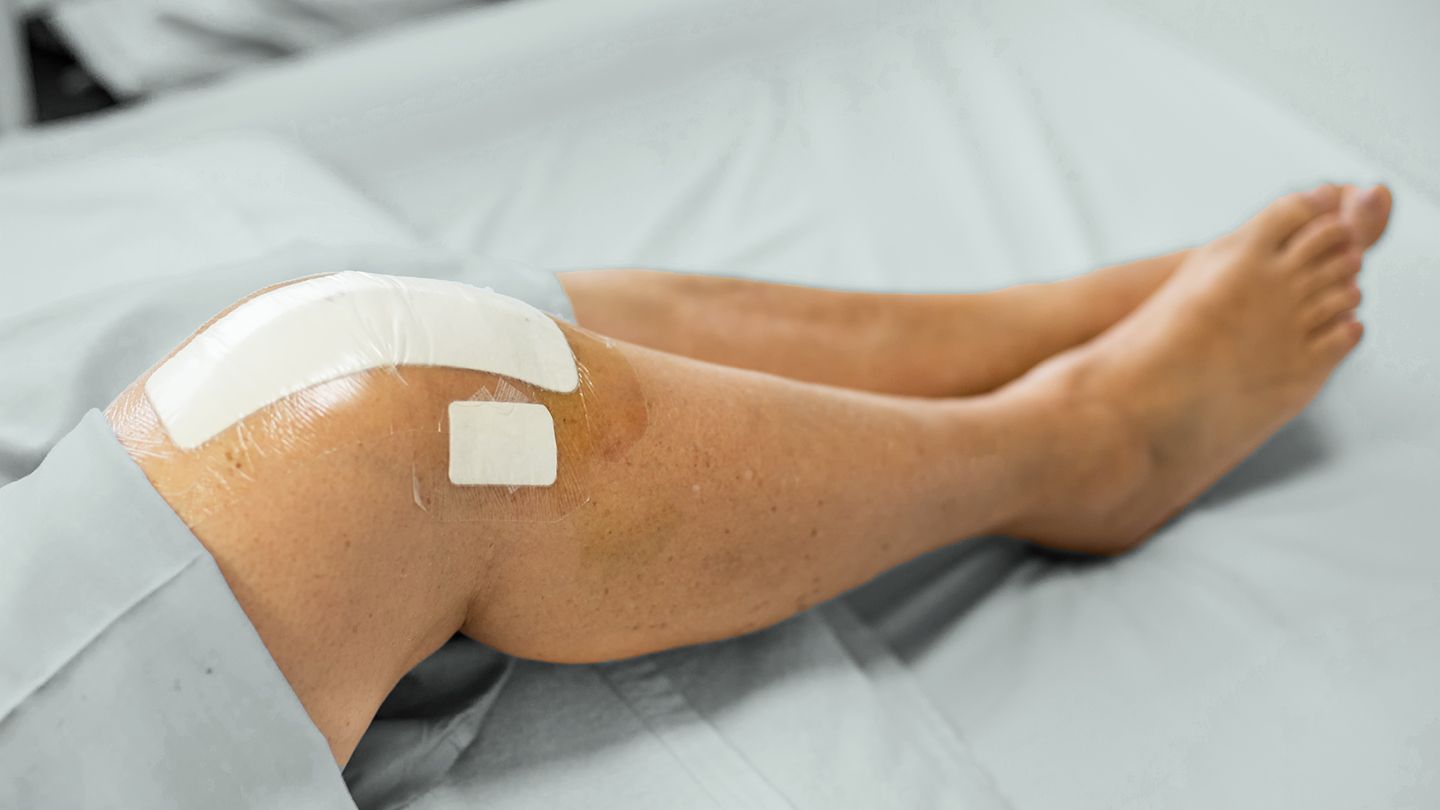Pursuing Compensation After Suffering Knee Replacement Complications

Getting a new knee is an excellent way to get around more easily and feel less discomfort. However, knee replacement surgery is not without risk, and complications can result in significant physical, emotional, and financial problems even when the procedure goes smoothly. It may be essential to launch a lawsuit if you or a loved one encountered difficulties following knee replacement surgery due to medical negligence. A good example is the Zimmer knee replacement lawsuit. A personal injury attorney can act as your representative and fight for your right to financial compensation following such an incident.
- Meet with a Lawyer for a Free Consultation After an Accident
First, talk to a personal injury attorney who has experience with medical malpractice cases before launching a complaint over knee replacement issues. At the initial consultation, you can tell the doctor all about the issues you’ve been experiencing, the doctors who have treated you, and any evidence you may have. If you want someone to evaluate the strength of your case and lead you through the legal system, you need to hire an experienced attorney.
- Evidence Collection
Your lawyer will help you collect evidence about the problems of your knee surgery to establish a solid case. Documents such as X-rays, MRI scans, surgical notes, and letters exchanged with medical professionals are examples. Keeping a record of occurrences and a tidy filing system are both essential.
- Proving Medical Misconduct
One of the most important aspects of a knee replacement case is showing that the doctor made a mistake. Your personal injury attorney will talk to doctors in the field to find out if the problems you’ve been having result from subpar treatment. They’ll determine if the doctors and nurses strayed from the norm for their field.
- Damage Assessment
To receive compensation, you must prove you have sustained losses due to knee replacement issues. Physical pain and suffering, mental anguish, and future medical care costs are all intangible damages. Your personal injury attorney will help you to determine a fair monetary value for your losses.
- Affording a Compromised Agreement
Your attorney can begin negotiating with the other party or their insurance company after they have obtained the necessary evidence and built a strong case. The majority of lawsuits involving medical negligence are resolved without going to trial. Your attorney will work hard to negotiate a settlement that adequately compensates you for your losses and meets your ongoing requirements.
- Going to Court
If settlement talks fail to get you where you need to go, your attorney will initiate a lawsuit. This officially kicks off the court case. The court will set a timetable for hearings and proceedings, and the defendant will have a certain amount of time to file a response to the lawsuit.
- Discovery Method
The parties share relevant information and evidence during discovery. Depositions, interrogatories, and document requests may all be part of this process. In this stage, your attorney will work to bolster your personal injury claim.
- Qualified Eyewitnesses
Expert witnesses are frequently used in medical negligence cases to provide testimony about the appropriate level of care, what caused your injuries, and how severe they are. Your lawyer will find credible witnesses to testify in your favor and bolster your case.
- Trial
If the parties cannot agree, the case will go to trial. In a personal injury trial, you and the defendant’s legal team will argue with the judge and jury. The evidence and arguments offered in court will influence the outcome.
- Judgment and Damages
Damage awards are contingent on the court finding in your favor. Lawyers can help you get a fair and just judgment, but the amount awarded might vary widely depending on the details of your case.











